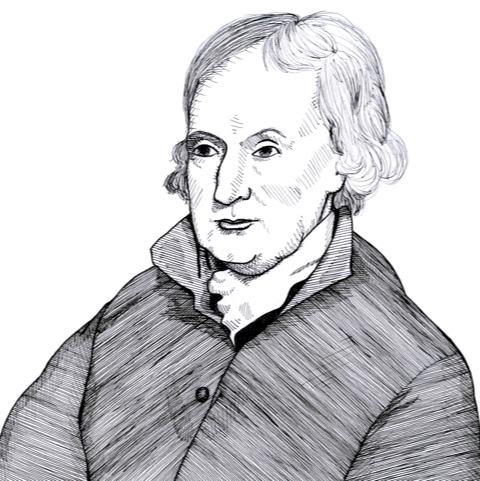
Adam Ferguson on Love, Self-Interest, and Pleasure
Found in: An Essay on the History of Civil Society
In Part 1, Sect. 2, of An Essay on the History of Civil Society (1767), Adam Ferguson reflects on how love leads us to a sort of satisfaction which goes beyond what mere self-interested pleasures can give us:
Philosophy
Love is an affection which carries the attention of the mind beyond itself, and is the sense of a relation to some fellow-creature as to its object. Being a complacency and a continued satisfaction in this object, it has, independent of any external event, and in the midst of disappointment and sorrow, pleasures and triumphs unknown to those who are guided by mere considerations of interest.